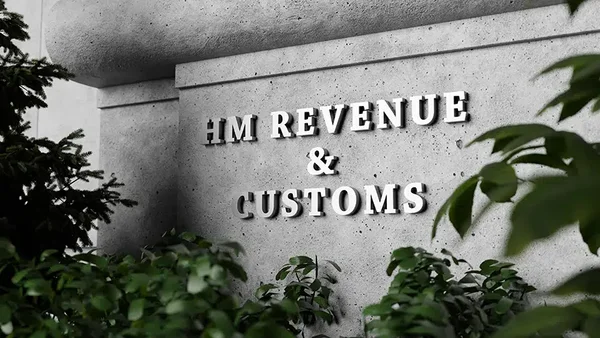Introduction
Chancellor Rachel Reeves is expected to unveil a new tax on high-value residential properties as part of the latest government Budget, with London and the South East likely to be most affected due to their higher concentration of expensive homes.
The anticipated measure, often described as a “mansion tax,” comes amidst ongoing government efforts to increase revenue and address perceived imbalances within the property taxation system, following recent reversals in income tax pledges.
The move reflects increasing pressure on the Chancellor to demonstrate that the wealthiest are contributing their fair share while managing economic uncertainties and regional disparities.
Proposed levy on expensive properties
The Budget is expected to feature a new annual levy on homes worth more than £2 million. While official details have not yet been published, analysis within the property sector suggests the possible introduction of a one per cent charge on the value above this threshold.
Should such proposals proceed, owners of properties valued at £2.5 million could face an estimated £5,000 in additional yearly tax, while those with homes valued at £3 million may pay around £10,000 per year.
Estimates from Savills show that roughly 60 per cent of properties over £2 million are located in London, with a further 20 per cent in the wider South East, leading to disproportionate regional impacts if the policy is adopted.
Political pressures and backbench response
Reports indicate that around 30 Labour backbench MPs attended a closed meeting with the Chancellor after unease grew over changes to previous tax pledges.
Chancellor Reeves is said to have asked MPs to focus communications on how the government’s plans would place the greatest tax burden on wealthier households. The Chancellor also reportedly explained that a recent shift away from breaking a flagship income tax manifesto pledge was intended as a surprise for the Budget speech, but details became public before the official announcement.
“Those with the broadest shoulders should pay the most,” Reeves has stated previously, reflecting the government’s position on progressive taxation.
Geographical concentration and property markets
According to the Office for National Statistics, areas such as Kensington and Chelsea remain notably unaffordable, with average home prices reaching approximately 27 times local average earnings in recent years.
The concentration of high-value homes in central London and its surrounding region means that any new property tax is likely to have pronounced regional effects. There have also been suggestions, according to reports circulating in the property sector, that the threshold for a new annual levy could be set lower than £2 million, potentially at £1.5 million, which would capture significantly more London homes.
Additional measures under consideration include revisions to Council Tax for bands F, G, and H.
Additional budget proposals under review
Beyond property taxation, the government is understood to be considering other revenue-increasing options. These reportedly include the extension of the current income tax higher-rate threshold freeze for two more years, which could bring nearly 500,000 individuals in London and the South East into higher-rate tax bands by 2029–2030.
Further potential measures involve increases to the bank levy, limits to pension and cycling salary sacrifice schemes, and introducing a road levy for electric vehicles.
Another proposal is to provide London’s Mayor with new powers to levy a tourist tax within the capital to further bolster local revenues.
Reactions from economic and policy groups
Business representatives have expressed concerns over the impact of further fiscal tightening, arguing that previous employer National Insurance rises contributed to weaker economic growth.
However, organisations such as the Institute for Public Policy Research (IPPR) have encouraged the government to prioritise taxing what they describe as “unfair advantages and profits” and reforming property taxes and capital gains arrangements before imposing further burdens on working households.
Carsten Jung, executive director at IPPR, said the Chancellor should “launch a war on bills a relentless campaign to lower the cost of living, picking fights on behalf of working people,” emphasising a focus on energy, food, and council tax as areas for relief.
Final Summary
The introduction of a mansion tax and other related budget measures highlights ongoing debates over how best to distribute the national tax burden, especially as cost-of-living challenges persist.
The concentration of high-value properties in London and the South East ensures that any such policy will be closely watched for its regional effects, as well as its contribution to broader government revenue objectives. As the Budget approaches, further details are expected to clarify the scope and scale of individual measures.
Homeowners, local authorities, and business leaders will scrutinise the implications for property markets and household finances. For those tracking tax changes and government policy, digital tools such as the Pie app provide timely updates to help individuals and businesses stay informed in a shifting fiscal landscape.











